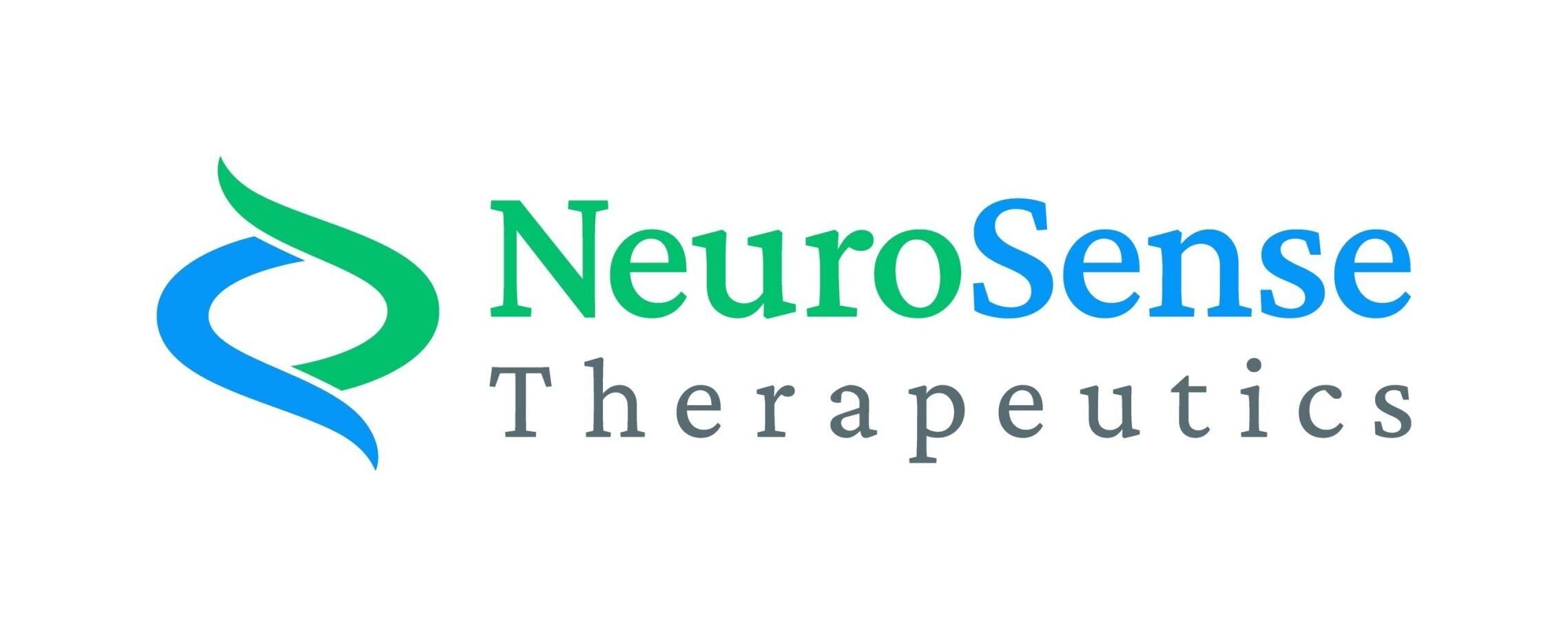
PrimeC Shows Breakthrough Results in ALS Treatment, Reduces Disease Progression by 33%
NeuroSense Therapeutics, a clinical-stage biotech company, has recently announced some promising results from its Phase 2b PARADIGM clinical trial of PrimeC, an investigational treatment for amyotrophic lateral sclerosis (ALS). These findings are especially significant as ALS, a fatal neurodegenerative disease, currently has no cure, and treatments mainly focus on alleviating symptoms rather than altering disease progression.
The clinical trial data reveals that PrimeC achieved an impressive 33% reduction in disease progression among ALS patients. What’s even more encouraging is the 58% improvement in survival rates observed in patients treated with PrimeC, compared to those on a placebo. The results suggest that PrimeC might not only slow down the disease but also enhance patient survival, a crucial development in the fight against ALS.
Also Read:- "Annie Knight Reveals How Her Mother Reacted to Her OnlyFans Career"
- Jets vs. Stars: A Crucial Central Division Showdown
A key factor in PrimeC’s success lies in its ability to modulate microRNAs (miRNAs), which are tiny molecules responsible for regulating gene expression. The treatment demonstrated a consistent downregulation of 161 different miRNAs in patients who received the drug. Notably, the levels of two specific miRNAs, miR-199 and miR-181, which are linked to ALS progression and survival, were significantly reduced. miR-199 is associated with neuroinflammation and neuronal damage, while miR-181 correlates with a higher risk of mortality in ALS patients. By targeting and lowering the expression of these miRNAs, PrimeC directly addresses the underlying mechanisms that drive ALS, offering a potential disease-modifying solution.
The data was presented at the 77th Annual American Academy of Neurology (AAN) meeting in San Diego, where experts in the field gathered to discuss the latest advancements in neurology. Professor Noam Shomron from Tel Aviv University, a leader in miRNA research, collaborated on this study, which was presented by Dr. Jeffrey Rosenfeld of Loma Linda University School of Medicine. Their research highlights the profound impact PrimeC has on ALS at the molecular level, offering a new therapeutic avenue for patients suffering from this devastating disease.
What makes these findings even more compelling is the strength of the evidence. The changes observed in miRNA expression were not seen in the placebo group, confirming that PrimeC’s effects were due to its active ingredients and not random variability. This kind of robust data is rare in ALS research, where most treatments have struggled to show true disease-modifying effects.
NeuroSense’s CEO, Alon Ben-Noon, expressed excitement about these results, stating that PrimeC’s ability to impact ALS at the molecular level positions it as a promising therapeutic candidate for ALS and possibly other neurodegenerative diseases in the future. The company now has a solid foundation to move forward with further development and is optimistic about the next steps, including potential Phase 3 trials.
This milestone in ALS treatment represents a major step forward in biotechnology. PrimeC’s ability to slow down disease progression and improve survival rates offers hope to thousands of ALS patients around the world, and the consistent biological effects observed in the clinical trial provide solid scientific evidence to back its potential. If successful in future trials, PrimeC could transform ALS treatment, bringing a much-needed breakthrough to those battling this cruel disease.
Read More:

0 Comments